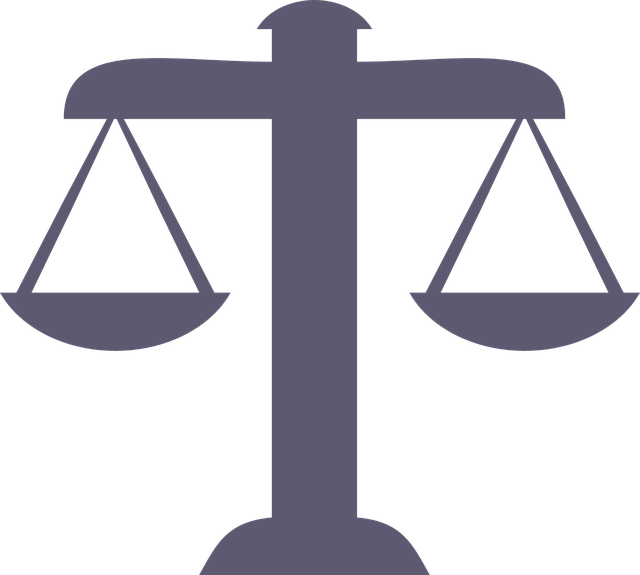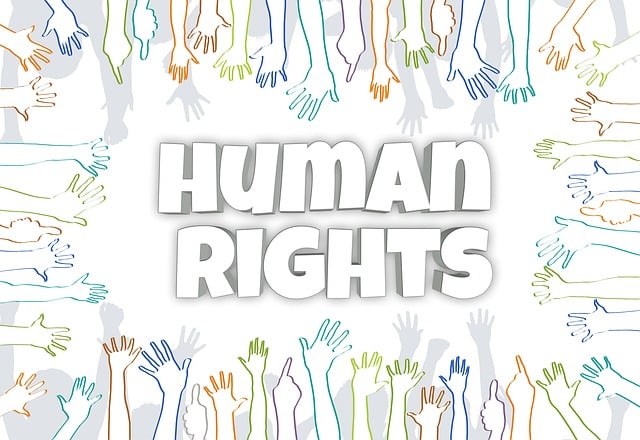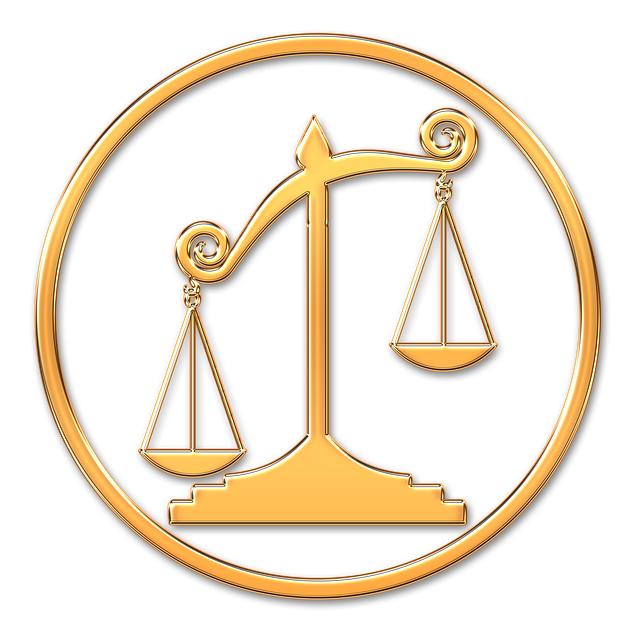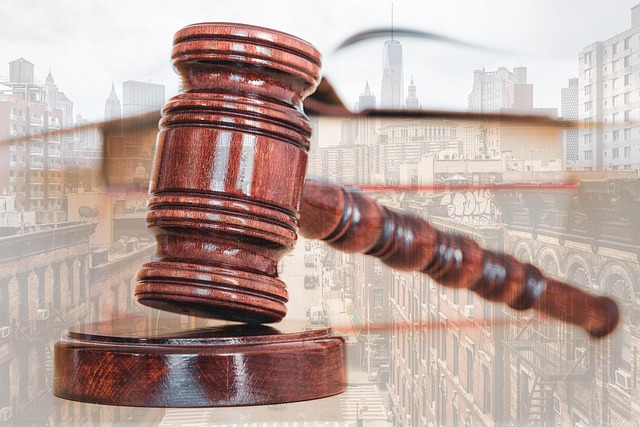Public corruption, including bribery and fraud, severely damages trust and democratic principles. Recent Changes in Financial Regulation Law implement stricter penalties, enhance oversight, and facilitate financial intelligence sharing to combat these issues globally. These amendments, coupled with international cooperation and technological advancements, deter misconduct, ensure accountability, and promote transparent practices, fostering a cleaner, fairer society.
“Uncovering the intricate web of public corruption charges and their profound impact on society, this article explores critical aspects of modern governance. We delve into the definition and far-reaching consequences of such charges, shedding light on their growing relevance globally.
Recent amendments to financial regulation laws, highlighted here, represent a step forward in combating corruption. Additionally, we examine enhanced transparency measures, international collaborations, and the transformative role of technology in preventing public corruption. Understanding these developments is crucial in navigating today’s complex landscape.”
- Understanding Public Corruption Charges: Definition and Impact
- Recent Changes in Financial Regulation Law: Key Amendments
- Enhancing Transparency: New Measures Against Corruption
- International Cooperation: Fighting Corruption Across Borders
- The Role of Technology in Preventing Public Corruption
Understanding Public Corruption Charges: Definition and Impact

Public Corruption Charges refer to allegations of illicit behavior by public officials or individuals in positions of power who abuse their authority for personal gain. This includes a wide range of activities such as bribery, fraud, embezzlement, and graft. The impact of such charges is profound, eroding public trust in institutions and undermining democratic principles. In recent years, there have been significant changes in financial regulation laws aimed at combating these issues, with increased penalties and stricter oversight mechanisms.
The implications of public corruption extend far beyond the individuals involved, affecting society as a whole. It can lead to inefficient resource allocation, hinder economic growth, and distort market dynamics. However, a growing emphasis on transparency and accountability has seen many countries adopting robust legal frameworks to tackle white-collar and economic crimes. While some cases result in a complete dismissal of all charges due to technicalities or lack of evidence, the majority serve as deterrents, encouraging those in positions of power to act ethically. Avoiding indictment is now a primary concern for individuals facing such allegations, underscoring the heightened scrutiny and stringent penalties that have come into play with the Recent Changes in Financial Regulation Law.
Recent Changes in Financial Regulation Law: Key Amendments

In recent years, there has been a significant evolution in financial regulation laws, reflecting a global push to combat corruption and strengthen transparency. Key amendments focus on enhancing oversight mechanisms, introducing stricter reporting requirements, and increasing penalties for offenders. These reforms aim to create a more robust legal framework for holding individuals and entities accountable, particularly those involved in white-collar and economic crimes.
The updated legislation includes provisions that facilitate the collection and sharing of financial intelligence, ensuring law enforcement agencies can access critical information faster. Additionally, there’s a greater emphasis on judicial processes, with changes to promote efficient jury trials and ensure a complete dismissal of all charges only under strict circumstances. These recent changes in Financial Regulation Law signal a determined effort to maintain integrity within the global financial system.
Enhancing Transparency: New Measures Against Corruption

In recent years, there has been a significant push towards enhancing transparency and combating public corruption. This shift is largely driven by changes in financial regulation laws that aim to tighten oversight and accountability. With stricter regulations in place, authorities are better equipped to uncover and prevent corrupt practices within both corporate and individual clients. These measures have proven effective in securing winning challenging defense verdicts, demonstrating the strength of the new legal framework.
The involvement of philanthropic and political communities has further strengthened this initiative. By fostering a culture of integrity and ethical conduct, these communities play a crucial role in upholding the integrity of public institutions. This collaborative effort ensures that corrupt officials face consequences for their actions, thereby deterring future misconduct. The recent changes in financial regulation law have not only empowered regulators but also encouraged corporate and individual clients to adopt more transparent practices, ultimately contributing to a cleaner and fairer society.
International Cooperation: Fighting Corruption Across Borders

In the global fight against public corruption, international cooperation has emerged as a powerful tool to transcend borders and combat illicit activities. With corruption knowing no national limits, coordinated efforts among nations have become essential in addressing this complex challenge. Recent changes in financial regulation laws, such as those aimed at combating white collar and economic crimes, have spurred this collaboration. By harmonizing regulations and sharing information, countries can effectively target corrupt networks operating across multiple jurisdictions.
This international cooperation is particularly vital during the all stages of the investigative and enforcement process. It enables authorities to gather evidence, track financial flows, and ensure that perpetrators face justice, regardless of where they attempt to hide or evade responsibility. As a result, these collaborative efforts have led to successful prosecutions and the complete dismissal of all charges in numerous high-profile cases, demonstrating the significant impact of international cooperation in the global anti-corruption effort.
The Role of Technology in Preventing Public Corruption

The advancement of technology has played a pivotal role in combating public corruption, bringing about significant changes in how financial transactions are monitored and regulated. With the implementation of recent changes in financial regulation law, there’s been an increased reliance on digital systems to track and analyze large volumes of data, making it harder for corrupt officials to hide their activities. Advanced analytics tools can now detect unusual patterns and anomalies, enabling authorities to identify potential illicit dealings swiftly.
Furthermore, technology facilitates transparent processes through the use of blockchain and secure digital platforms, which ensure that records are tamper-proof and accessible to the public. This shift towards digital solutions not only enhances accountability but also empowers corporate and individual clients by providing them with more visibility and control over their financial activities. In turn, it strengthens the integrity of the entire system, making jury trials more equitable and just.
In conclusion, addressing public corruption charges requires a multi-faceted approach. Recent changes in financial regulation law, such as key amendments aimed at enhancing transparency and accountability, are crucial steps forward. International cooperation plays an indispensable role in combating corruption across borders, while technology offers innovative solutions to prevent and detect illicit activities. By understanding the definitions and impacts of public corruption, implementing new measures, fostering global partnerships, and leveraging technological advancements, we can create a more transparent and accountable society, ultimately reducing instances of public corruption.






